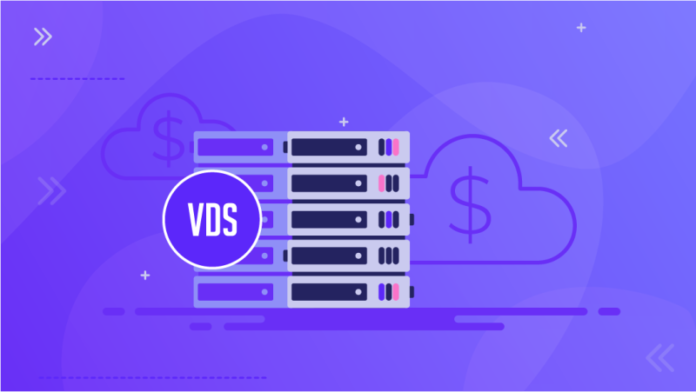In today’s fast-paced online world, having the right server infrastructure can make or break your project. One of the most popular options available today is Virtual Dedicated Servers (VDS). But before you jump into renting one, there are several details you’ll need to consider, from performance characteristics to cost and scalability.
VDS Characteristics: What You Get
A VDS server offers a unique balance of performance and control. Unlike shared hosting, where multiple users share resources, VDS ensures you get a dedicated allocation of CPU, RAM, and storage. This isolation is crucial for resource-intensive projects. For example, if you’re running a business website that expects high traffic, a VDS guarantees that other users on the server won’t affect your performance.
Remember, however, that selecting the wrong resources can lead to problems. If you underestimate the amount of RAM or CPU your project needs, performance will suffer. Reader, this is why it’s vital to assess your project needs carefully.
The Price of Flexibility
VDS services come with varying price tags. On average, you can expect to pay between $5 and $100 a month. Basic plans typically start at around $5-$10 per month for limited resources, while more advanced configurations can cost upwards of $50-$100 per month, depending on your needs.
For Ukrainian businesses, companies like DeltaHost provide competitive pricing with robust features. It’s important to not only look at the initial cost but also factor in scalability. If you expect your business to grow, opt for a plan that allows you to easily upgrade your resources.
Which Projects Need VDS?
Let’s face it: not every project requires the power of a VDS. If you’re running a simple personal blog, shared hosting might be enough. However, for complex projects like e-commerce sites, gaming servers, or data-heavy applications, VDS (https://deltahost.ua/vps.html) is often the only practical solution.
What You Need to Know About Managing a VDS
Unlike shared hosting, which is largely hands-off, VDS requires some degree of management. You’ll be responsible for handling server updates, security patches, and system configurations. If you’re comfortable with server administration, this can give you greater control over your hosting environment.
However, for those who aren’t familiar with server management, opting for a managed VDS plan may be a better solution. Reader, consider whether you have the time and expertise to manage a server before making your choice.
Providers: DeltaHost and Others
Remember, a slightly higher cost might be worth it if it comes with better support and flexibility.
Conclusion
VDS hosting remains a powerful tool for many online projects, but it’s essential to make the right choice based on your needs. Be cautious of common pitfalls, such as underestimating server requirements or neglecting security updates. Three key factors to consider are performance, scalability, and customer support.
We wish you success in finding the right provider, and hope this guide has made your journey to VDS hosting smoother!
